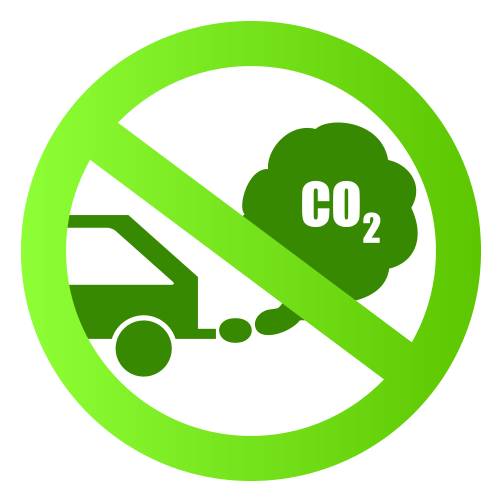EIA Process in India
 Environmental Impact assessment (EIA) is a scientific tool which ensures sustainable development and helps in carrying out evaluation of impacts arising from a project activity that are likely to have significant environmental effects and also in turn helps in realising mitigation measures. It is anticipatory, participatory, and systematic in nature and relies on multidisciplinary input. Environmental Assessment enables us in carrying out Environmental Cost-Benefit Analysis of projects at an initial stage. It is thus, a precursor to detailed analysis of environmental impacts, which is necessary to take a decision whether to go with the project activity or not.
Environmental Impact assessment (EIA) is a scientific tool which ensures sustainable development and helps in carrying out evaluation of impacts arising from a project activity that are likely to have significant environmental effects and also in turn helps in realising mitigation measures. It is anticipatory, participatory, and systematic in nature and relies on multidisciplinary input. Environmental Assessment enables us in carrying out Environmental Cost-Benefit Analysis of projects at an initial stage. It is thus, a precursor to detailed analysis of environmental impacts, which is necessary to take a decision whether to go with the project activity or not.
In India EIA process is quite effective because many good initiatives have been taken by Ministry of Environment & Forests (MoEF) that are as follows:
- Constitution of Sector specific Expert Appraisal Committees (EACs)
- Constituted State Level Environment Impact Assessment Authorities and Committees
- Holding of regular and longer duration EAC Meetings
- Display of project reports, status and minutes on website
- Issue of administrative instructions for clarity and uniformity in implementation of EIA Notification
- Initiated scheme for accreditation of consultants through Quality Council of India who only can do EIA process for specific sectors.
- Provision of Environment Management Plan:
• For optimization of resource utilization
• Minimization of emissions and waste generation
• Recycling and reuse of waste
• Promote energy efficiency
• Address Social Issues
- Post Environmental Clearance Monitoring to ensure that project proponents have taken action in accordance with the conditions specified in the EC letter.
- Environmental Clearance (EC) stipulates project specific and general conditions
- EC letters uploaded in MOEF/project proponent’s website for transparency
- Monitoring Reports received from Regional Offices are examined in the Ministry.
- Quantitative Monitoring on Air and Water Pollution by Central / State Pollution Control Boards.
- Compliance status to be uploaded by project proponent and submit six monthly Report
For better implementation and adoption of EIA process, there are many amendments done from time to time. In the comprehensive EIA Notification, 2006, like in years 2009, 2011, 2012, 2013 and 2014. Many circulars and Office Memorandums have also been issued time to time for better complying & implementation of EIA process.
EIA study is the amalgamation of 12 Functional Areas like air, water, ecology & biodiversity, socio economic, etc. The Experts, accredited by QCI, provide their inputs in the preparation of EIA reports and thus improve the quality of the reports. One of the important provisions in EIA process is the involvement of local affected persons and their views for the project activity, makes the process more authentic.
Further, involvement of National Green Tribunal in EIA process acts as a check to the implementation of it
Thus, in my opinion EIA process in India is effective. Just a healthier implementation strategy will make this process more successful.
Reference
 Article by Mr. Abhay Garg . Abhay is currently working on the position of Manager- Tech. Services (EIA) at GRC India (P) Ltd. He can be reached at abhay_garg11[at]yahoo[dot]co[dot]in
Article by Mr. Abhay Garg . Abhay is currently working on the position of Manager- Tech. Services (EIA) at GRC India (P) Ltd. He can be reached at abhay_garg11[at]yahoo[dot]co[dot]in



